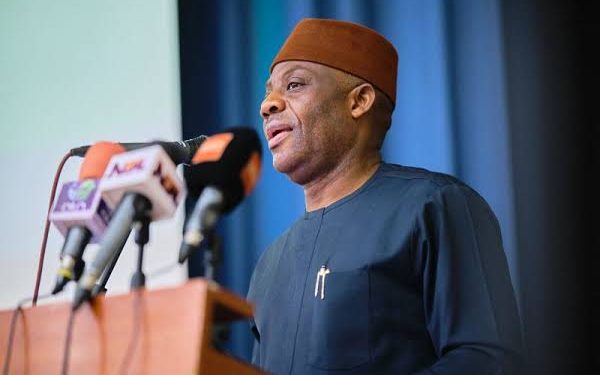The federal government has placed a seven-year ban on the creation of new federal universities, polytechnics, and colleges of education, citing an overproliferation of institutions operating far below capacity and draining public resources.
Education Minister Tunji Alausa announced the decision on Wednesday after the Federal Executive Council meeting chaired by President Bola Ahmed Tinubu in Abuja. He said the challenge in Nigeria’s tertiary education is no longer access but duplication, which has led to a deterioration in infrastructure and manpower.
Nigeria currently has 72 federal universities, 108 state universities, and 159 private universities, alongside numerous polytechnics, monotechnics, and colleges. But the minister noted a stark mismatch between the number of institutions and actual demand. For the 2024–2026 academic sessions, 199 universities had fewer than 99 applicants, and 34 had none at all. The problem is just as severe in other institutions, with hundreds of polytechnics and colleges of education recording minimal or zero applications.
“This translates into wasted resources and inefficiencies,” Alausa said, pointing to one federal university in the north with fewer than 800 students but over 1,200 staff. “Many institutions are stretching government funding while operating far below capacity.”
The moratorium, he explained, is designed to allow the government to redirect resources toward improving infrastructure, manpower, and capacity in existing institutions to preserve the quality and global respect of Nigerian graduates.
Although the ban applies to federal institutions, it will also extend to new private universities, polytechnics, and colleges of education. However, the Federal Executive Council approved nine private universities this week, which the minister said were part of a years-long application backlog at the National Universities Commission. Several investors had already built campuses and invested billions of naira before delays in approval.
A total of 79 private university applications are still active, but going forward, no new public or private tertiary institutions will be approved unless they meet the government’s new standards.










